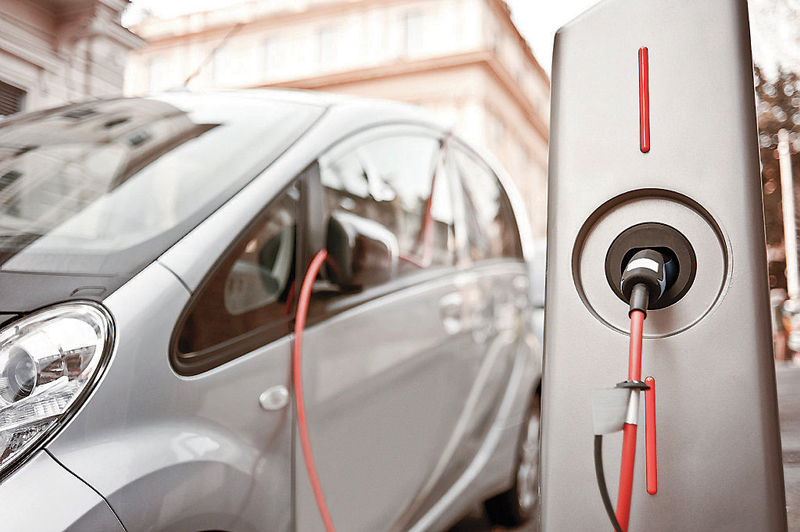

BEIRUT: Lebanon is launching its first electric car — billed as cheap and green — but sceptics say subsidised power will count for little in a flat economy reliant on fossil fuels and struggling to attract investment into renewable energy. Designed by Lebanon’s EV Electra, the coupe-style ‘Rise’ is the country’s first foray into the electric car market, a fast-growing sector that promises to lower planet-warming emissions.
Costing $30,000, the Rise reaches 180km an hour and goes on sale in Lebanon and Europe in late 2021, pending certification.
But for all the hype around the sector’s rising popularity, from Norway to China, the Rise faces a bumpy journey at home.
The economy is in crisis, with just 62 new cars sold in the first two months of 2021, against 1,876 in the same period last year, according to local consultancy Information International.
The car’s green impact is also set to be diluted in a country reliant on fossil fuels for electricity, while frequent power outages do not bode well for reliability.
Its maker is undaunted, saying state-subsidised power lends allure to a car with a pricetag out of most locals’ reach.
“Lebanon’s electricity is one of the cheapest in the world. Few people could dream of driving an electric car at these costs,” CEO Jihad Mohammad said.
“It’s very competitive. You’re driving at the expense of the state,” former energy minister Cesar Abi Khalil said.
Outgoing Energy Minister Raymond Ghajar said that subsidies on electricity would only be lifted when a new government introduces a financial recovery plan and wildly fluctuating exchange rates stabilise.
Prices would then be “in line with what the consumers are willing to pay and able to afford”, he said in written comments.
Sales of electric cars have soared in many rich economies, promising eco-minded consumers low running costs coupled with a lower footprint.
But Lebanon presents its own challenges. The country’s power supply has been spotty since a 1975-1990 civil war and has only worsened in an 18-month economic crisis, with rolling blackouts a regular feature of life.
— Thomson Reuters Foundation
Oman Observer is now on the WhatsApp channel. Click here



